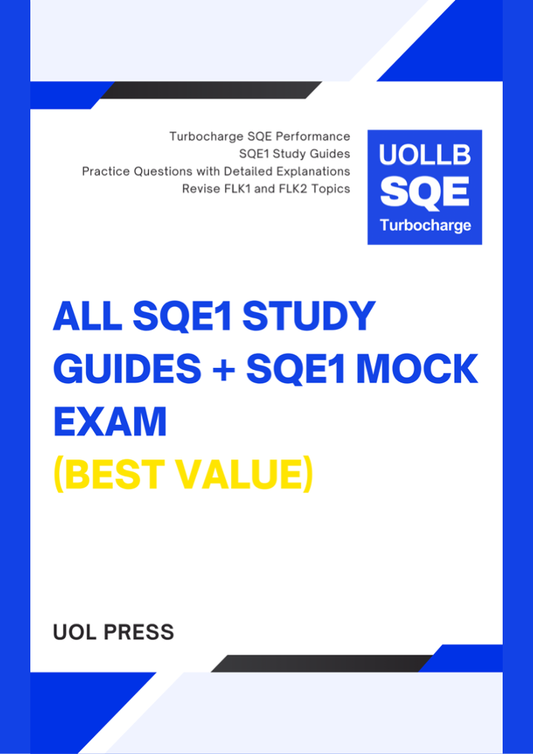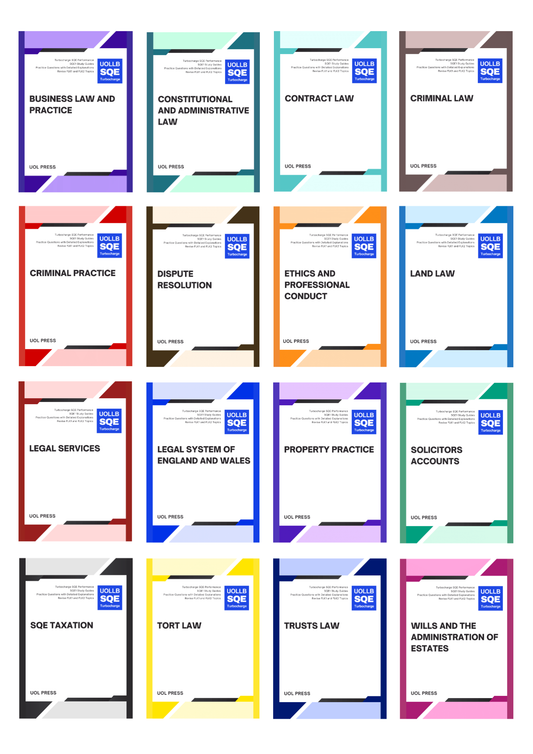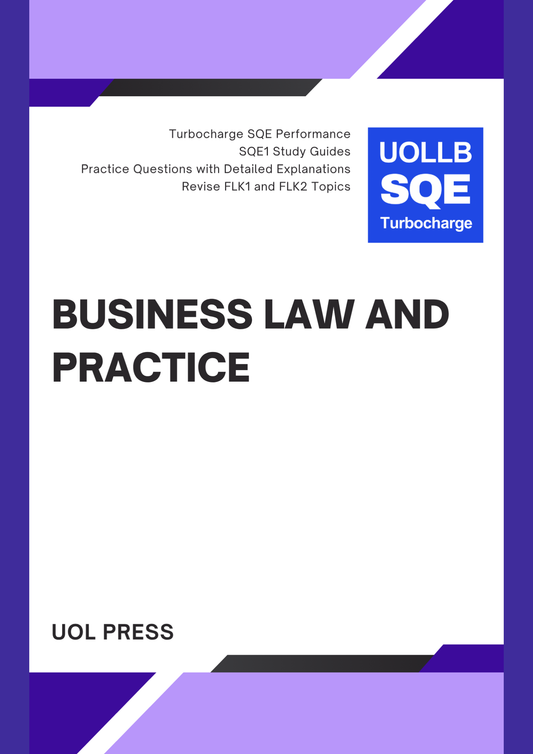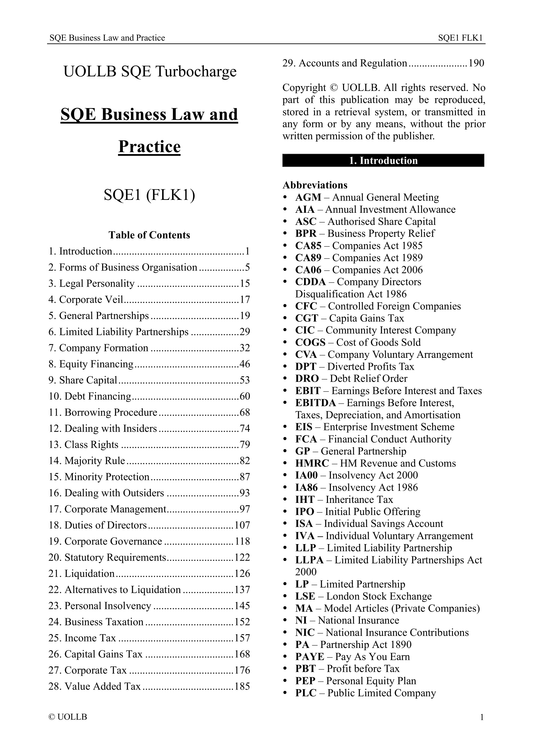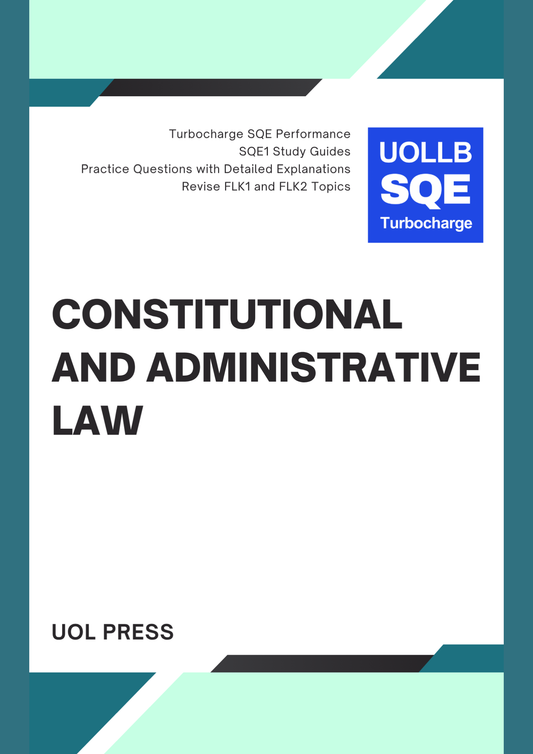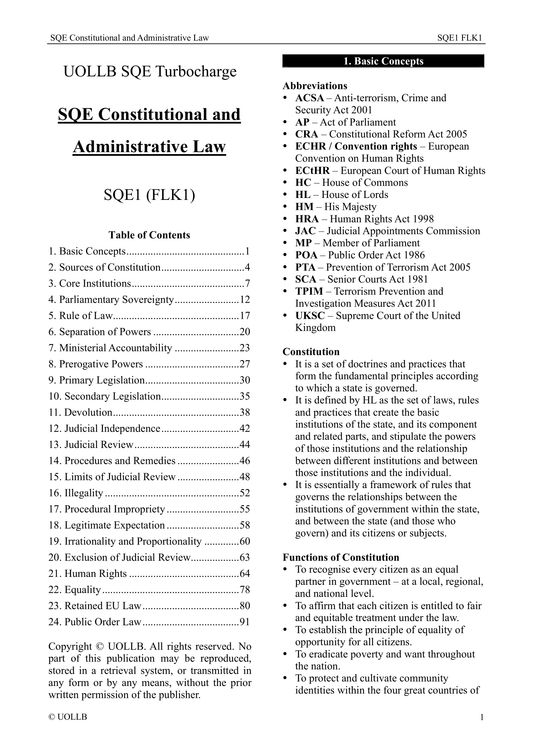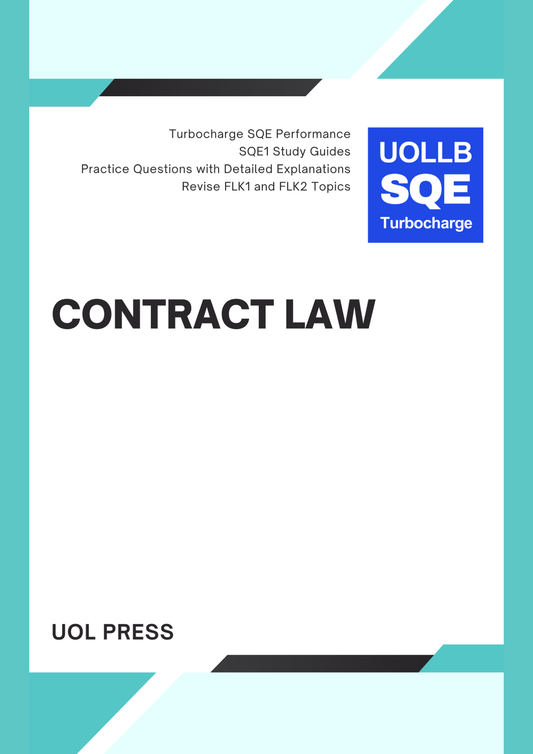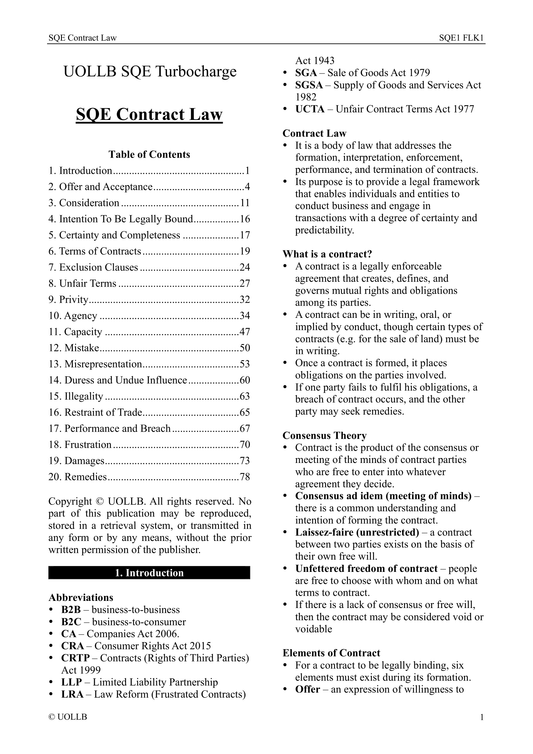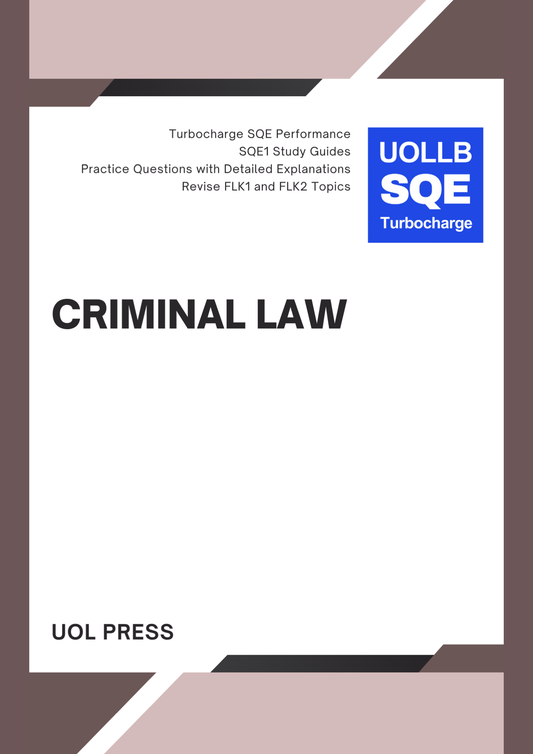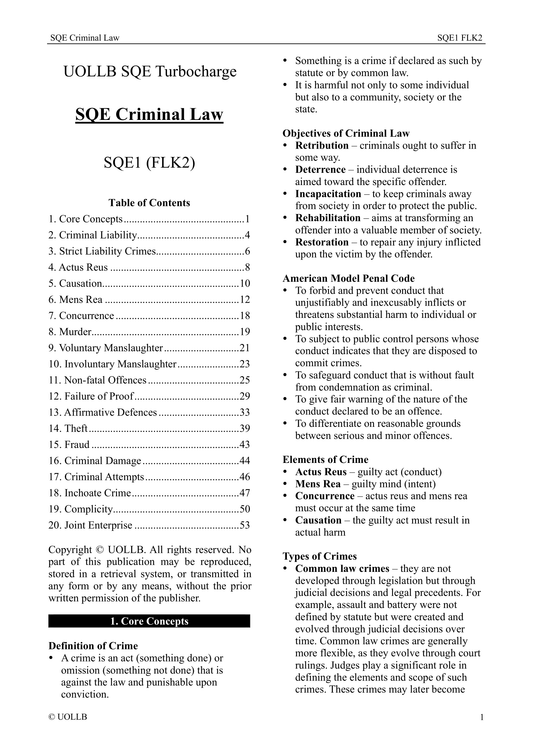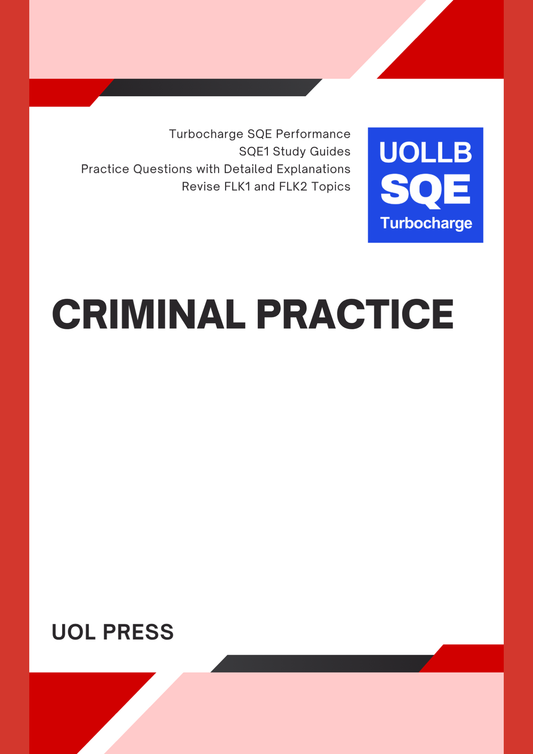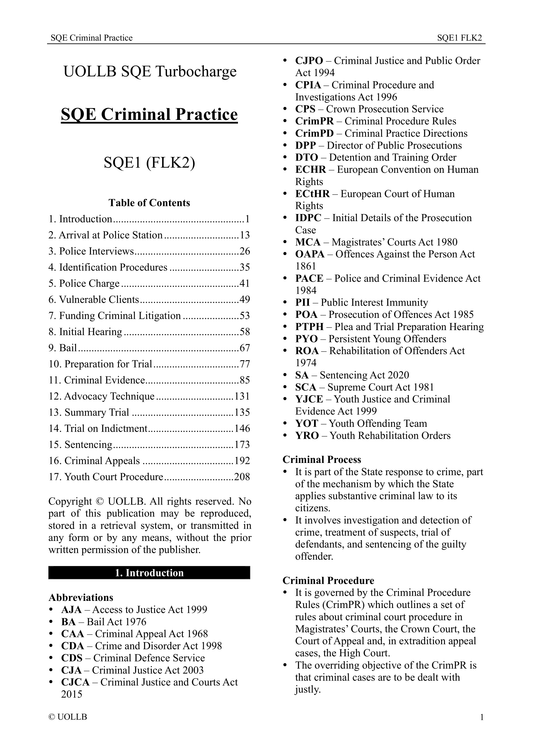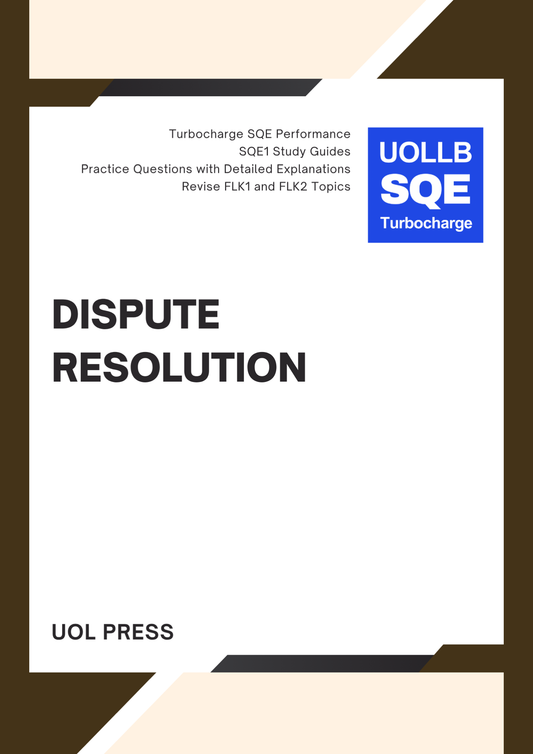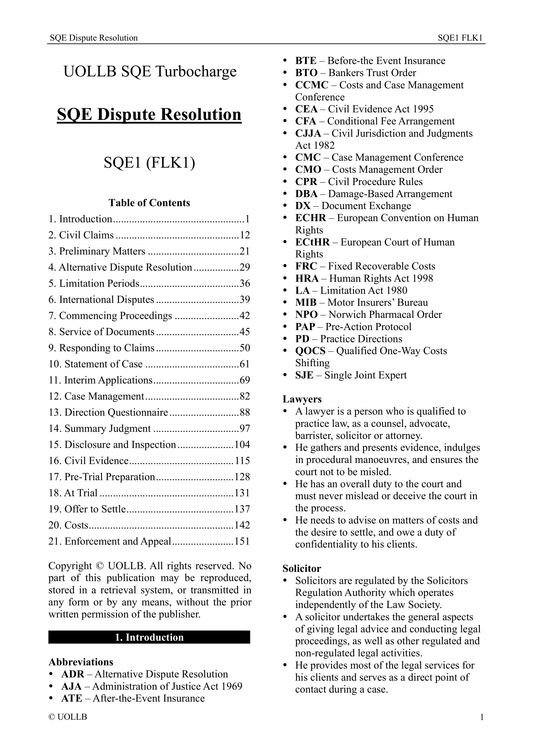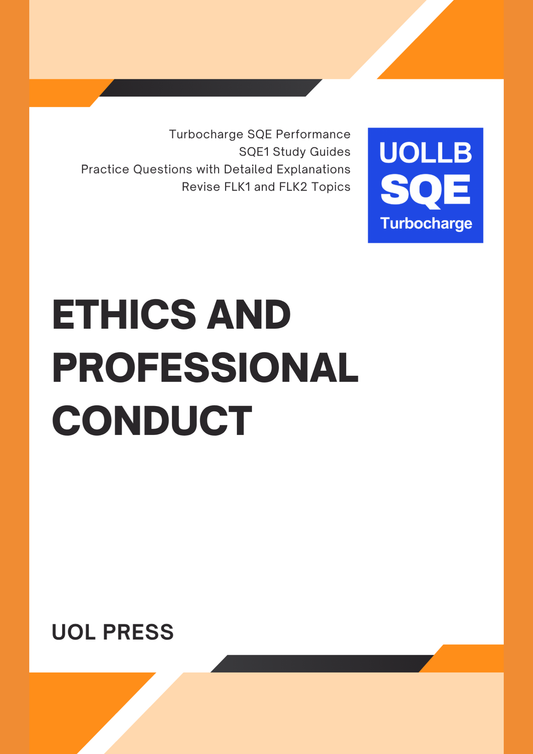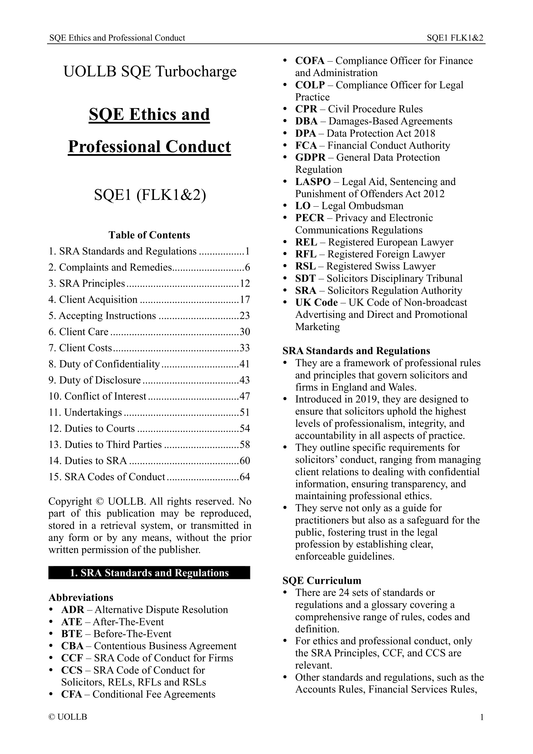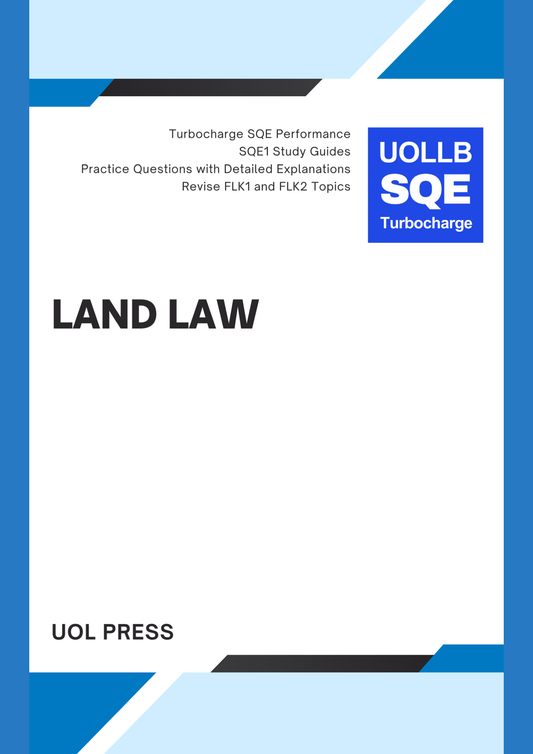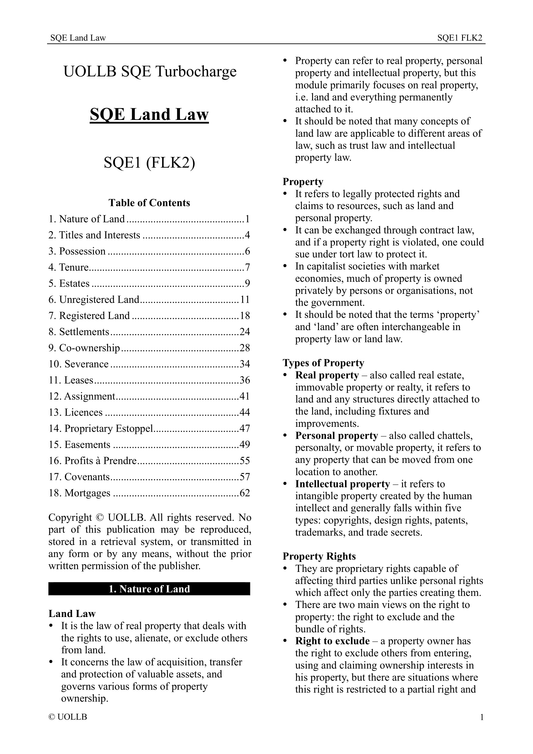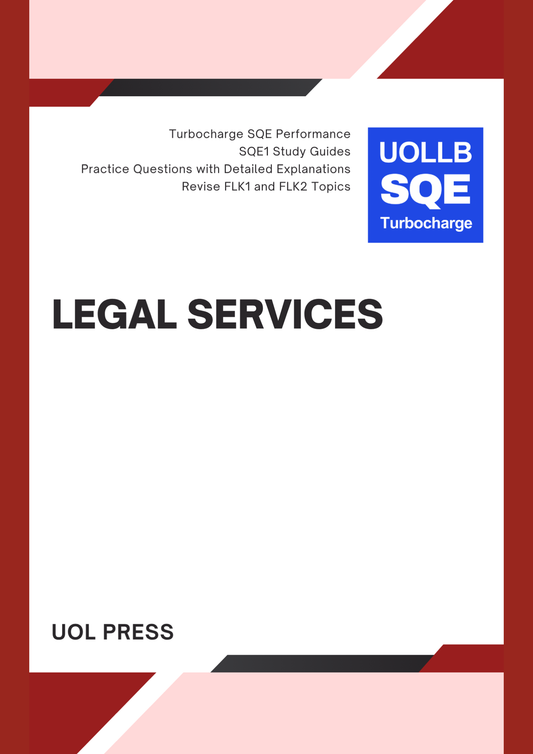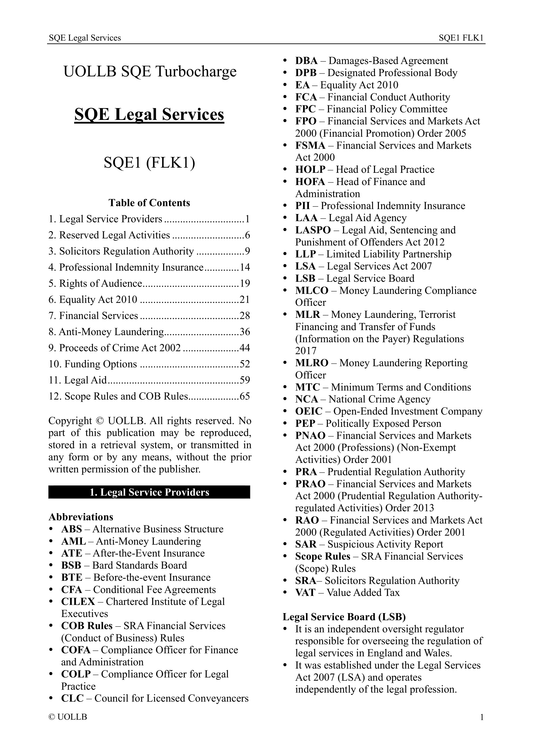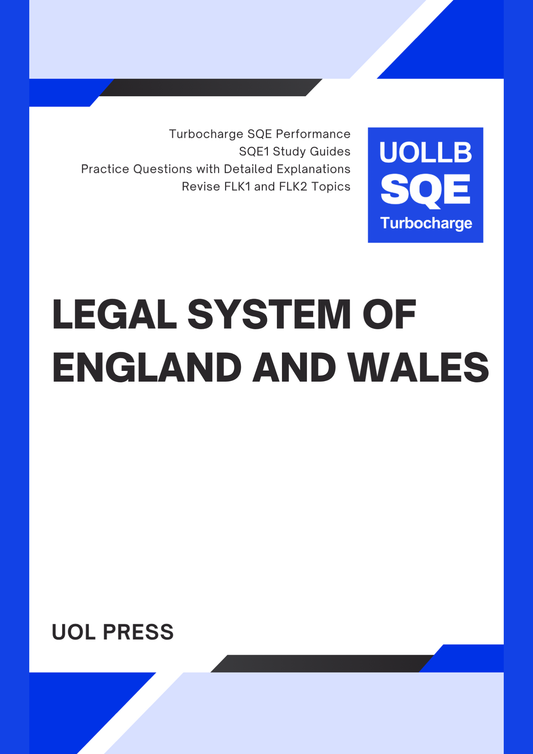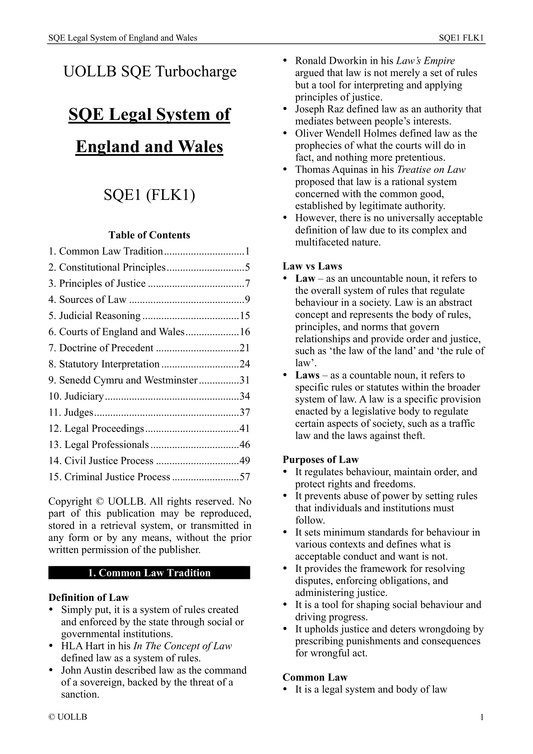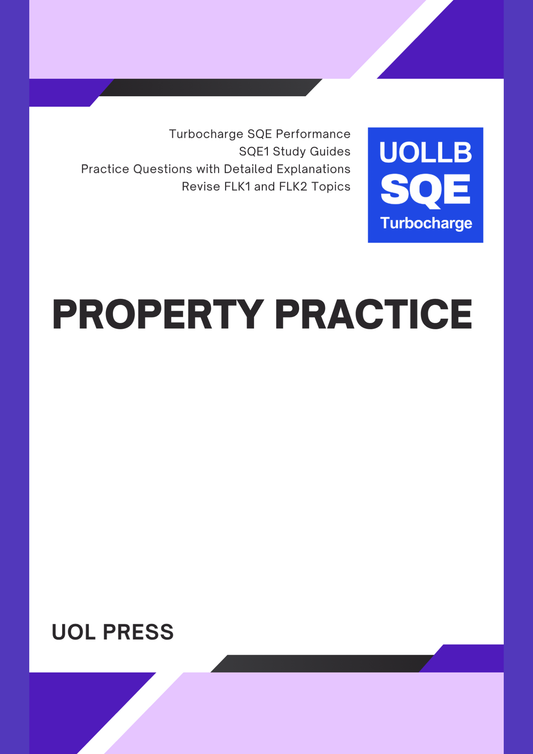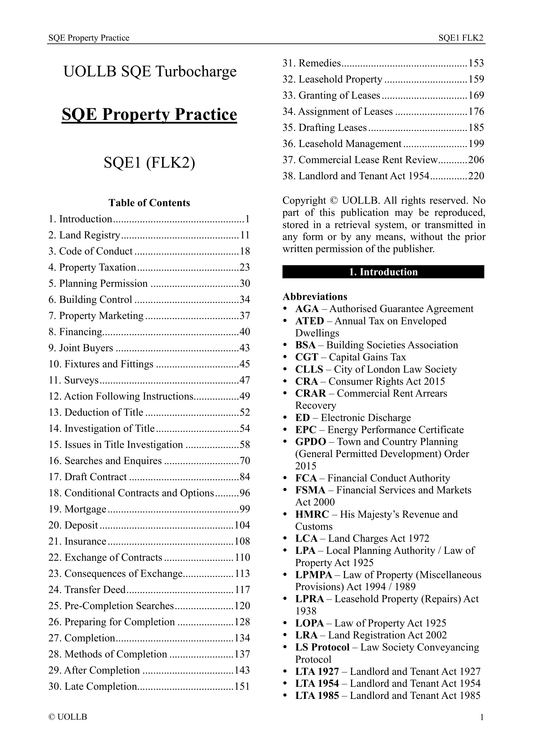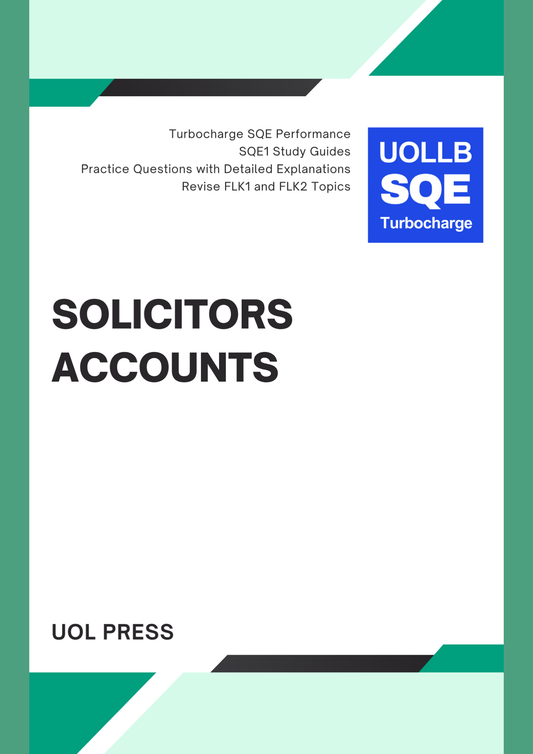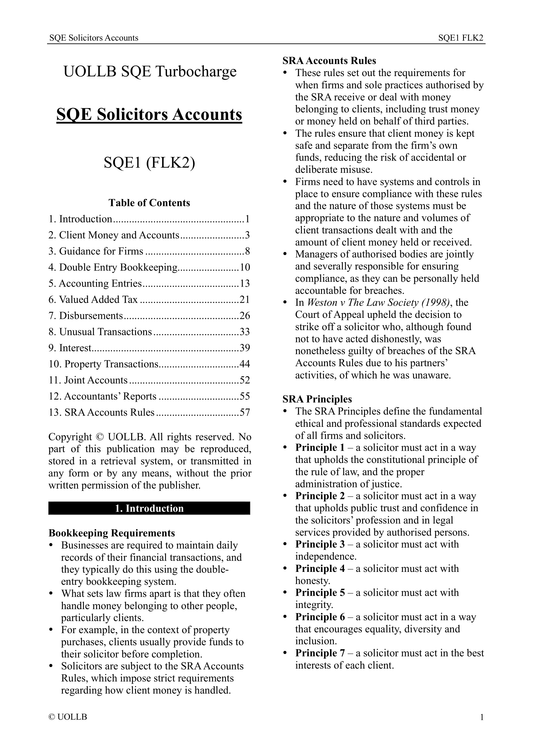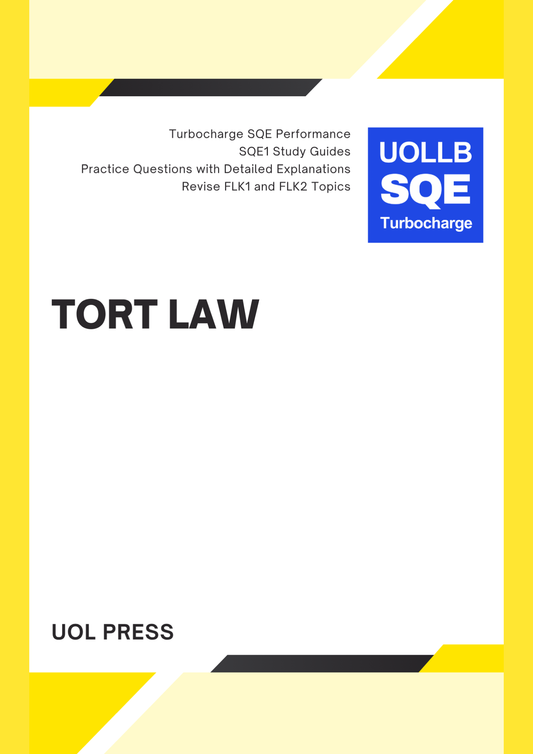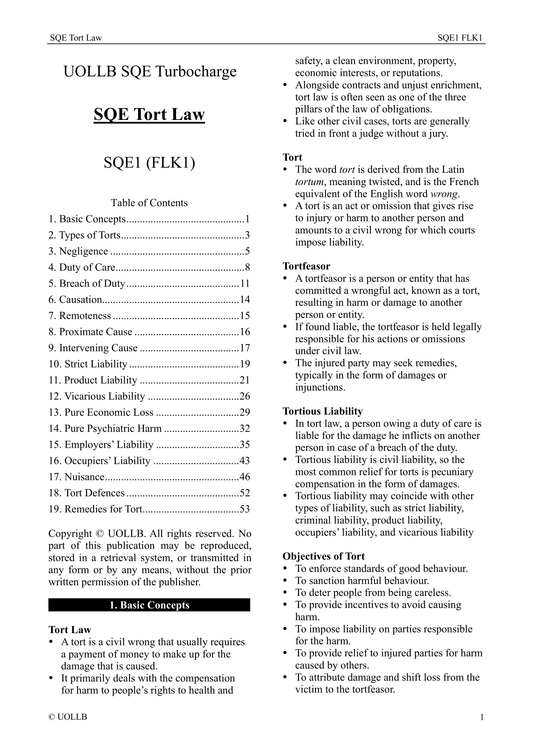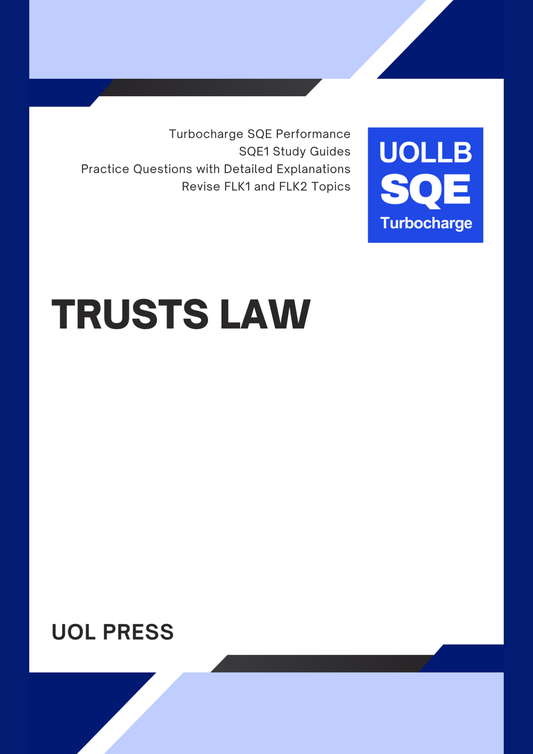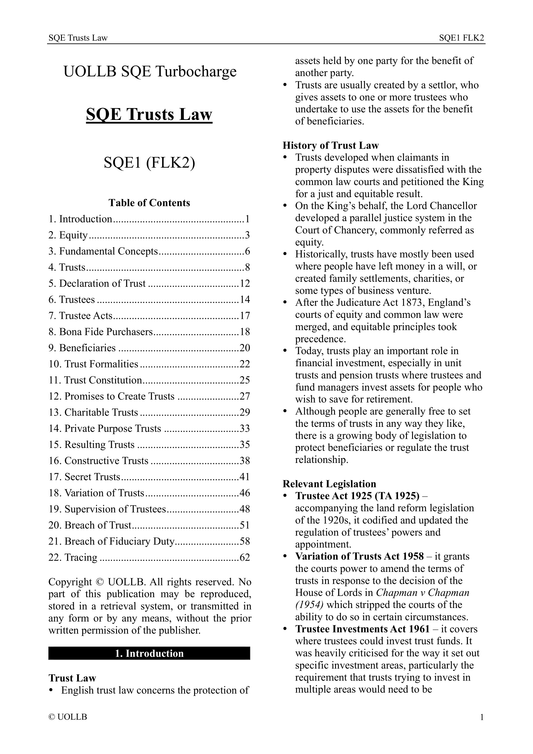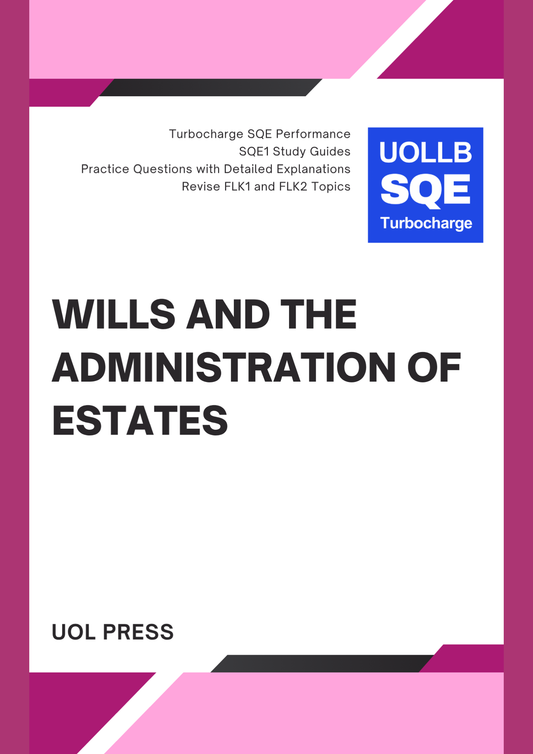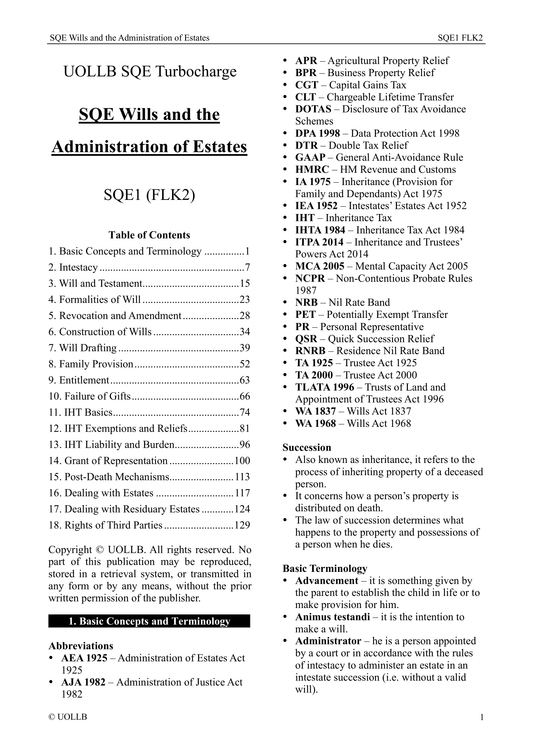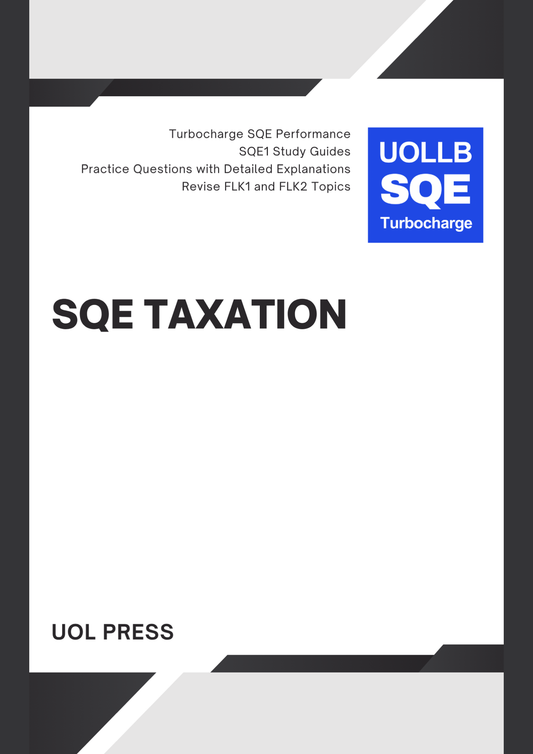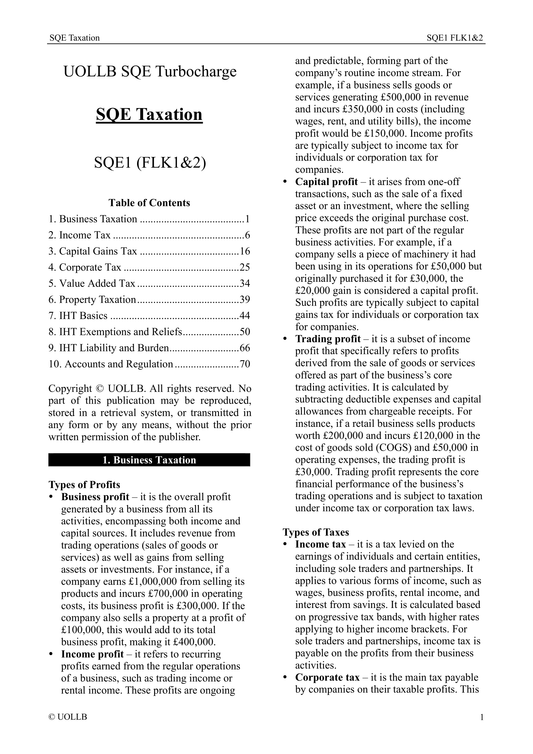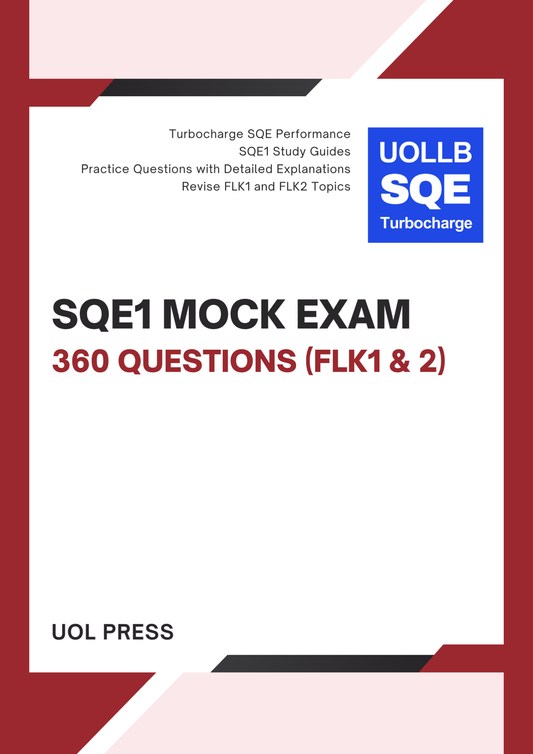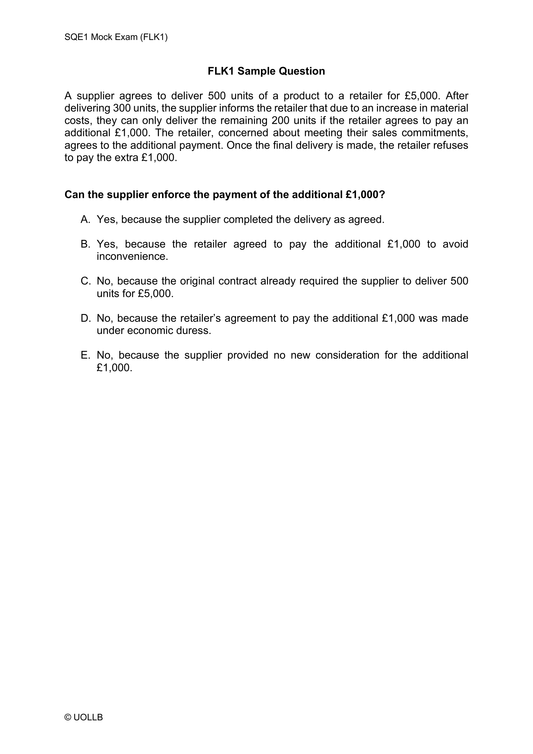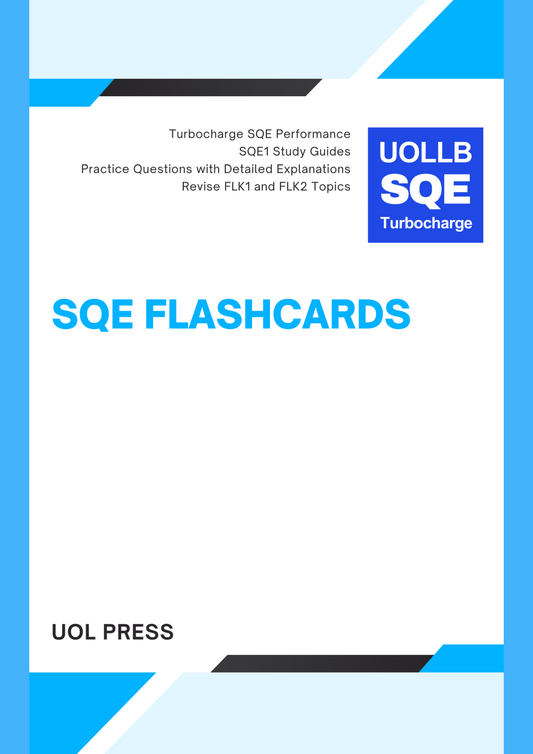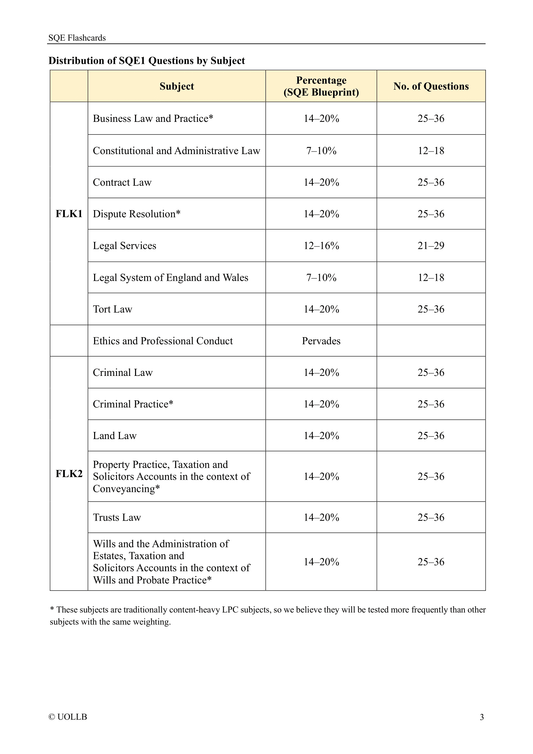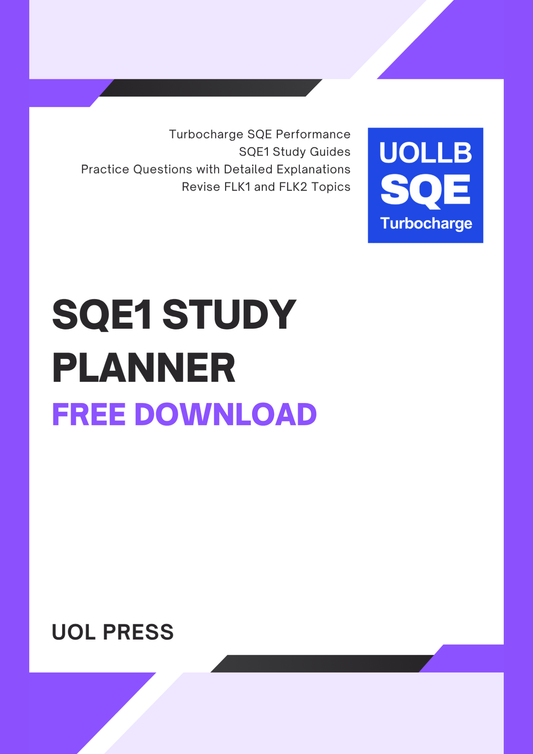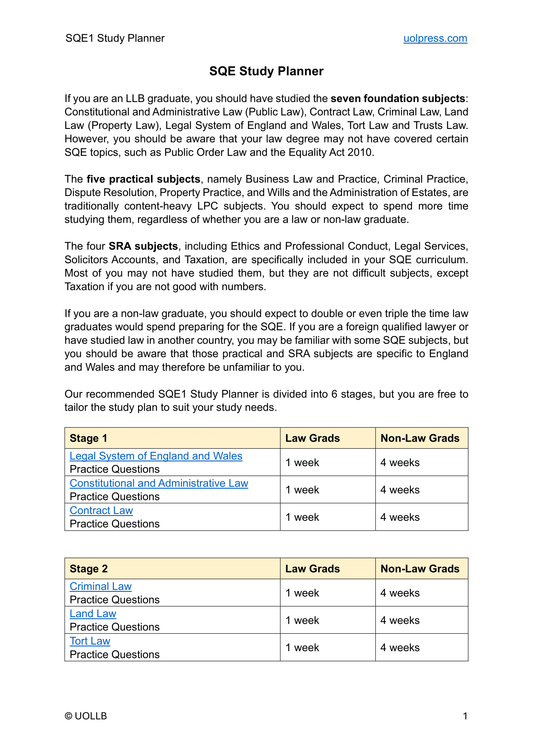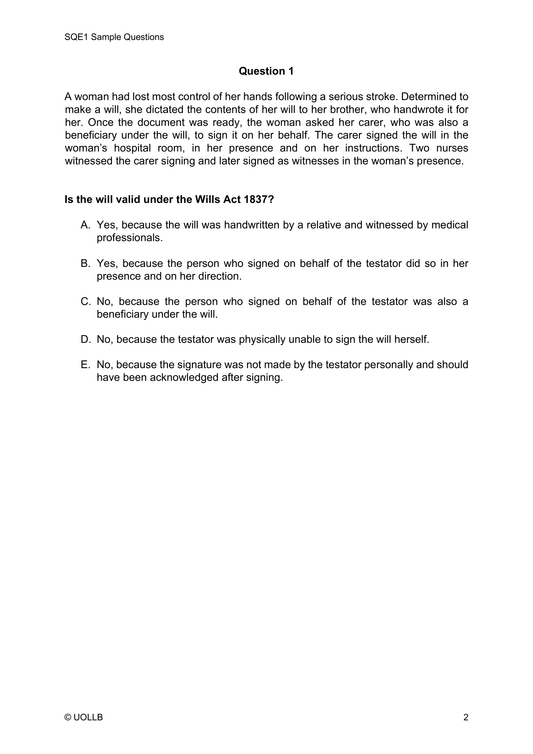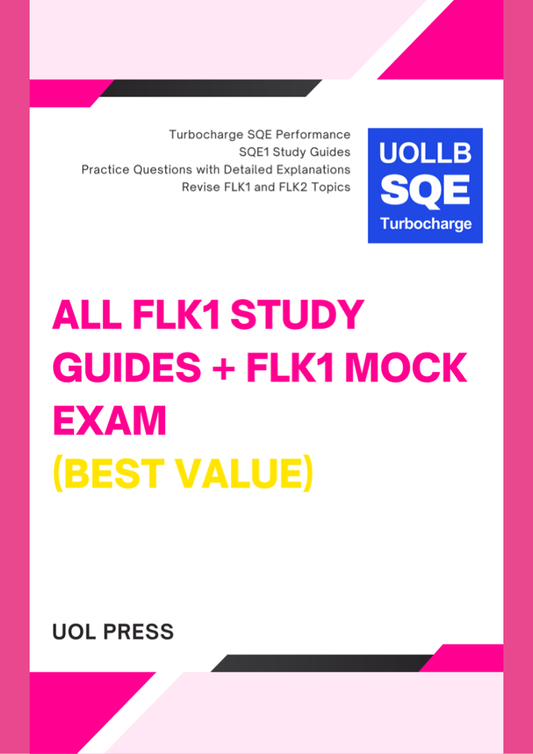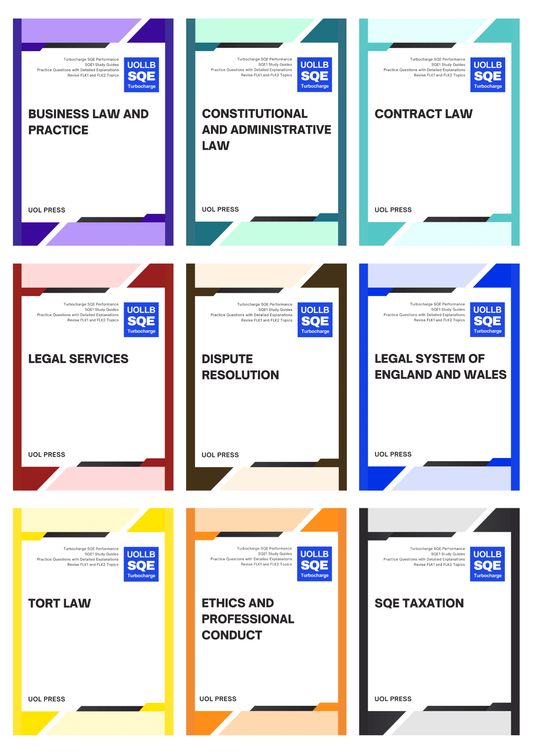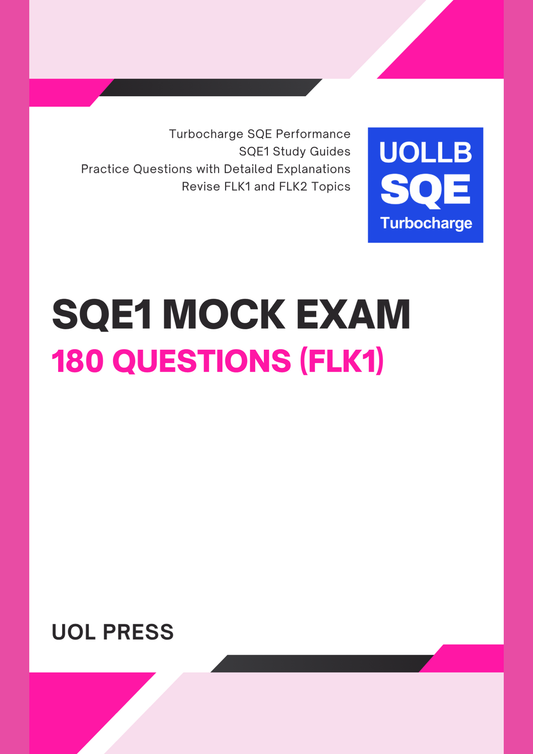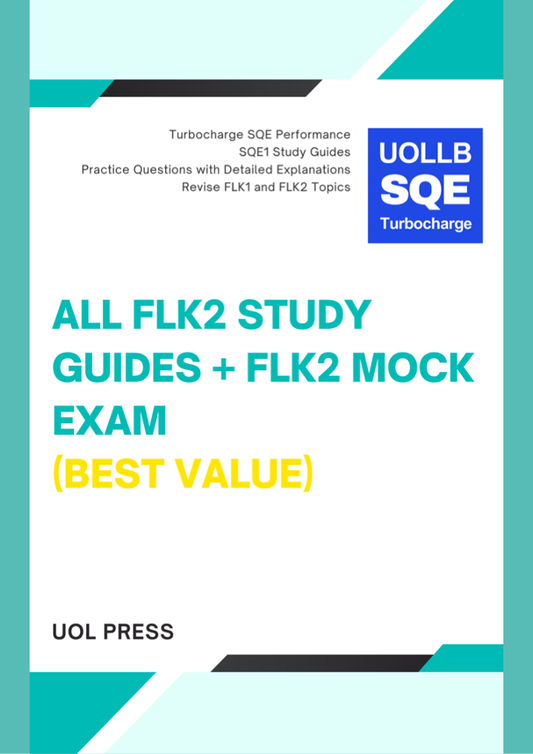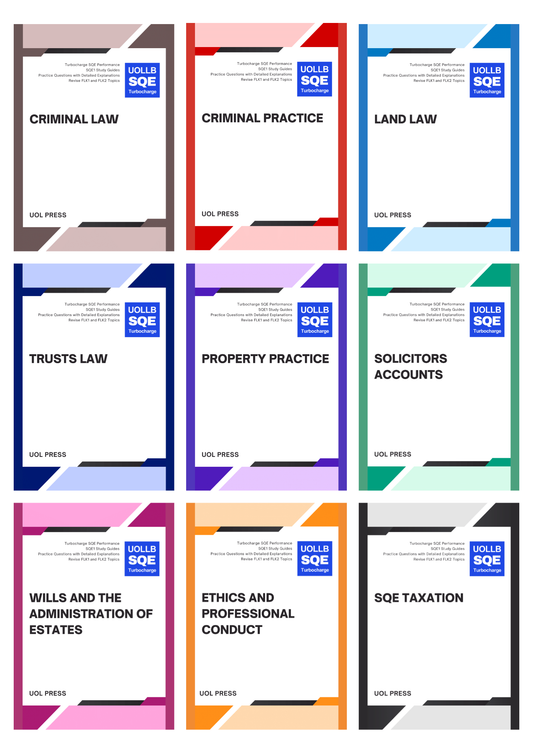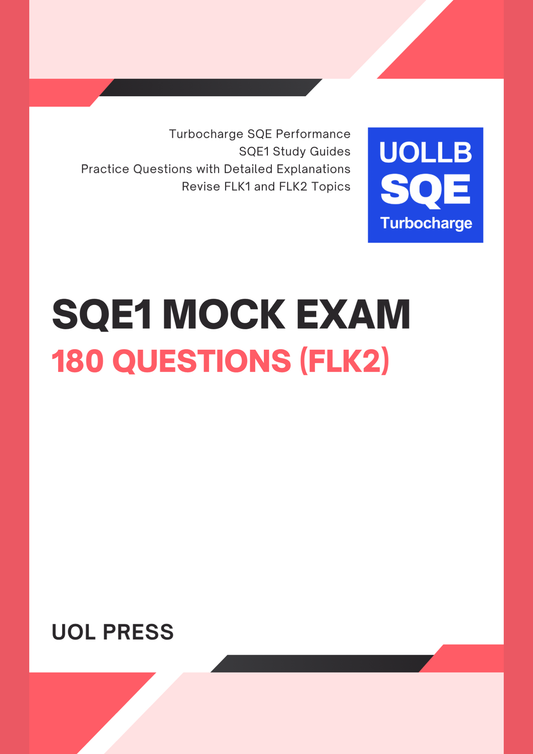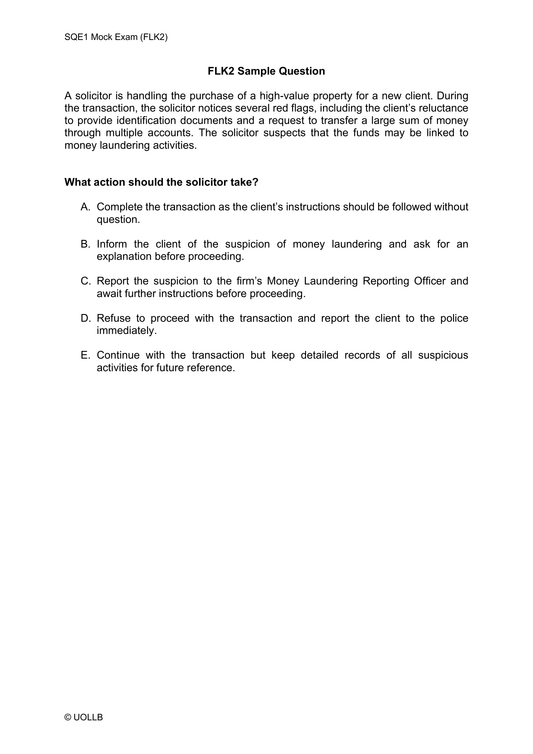Is LLB Enough for SQE?
Share
The short answer is a definitive no. Although the LLB provides essential academic knowledge of law, it is no longer sufficient on its own for those aiming to qualify as solicitors under the SQE route. This shift arises from fundamental differences between the LLB and SQE curricula and the skills they are designed to assess. Understanding these differences is crucial for you to plan you legal journey.
The LLB curriculum is primarily academic and theoretical in nature. It is structured to introduce students to the foundational principles of law, including areas such as Contract Law, Criminal Law, Tort, Equity and Trusts, Land Law, and Public Law. The aim is to provide a deep understanding of legal doctrines, case law, and statutory interpretation. Although this academic grounding is essential, the LLB does not emphasise practical legal skills, professional conduct, or the procedural aspects of legal practice. For instance, while an LLB student might study the principles of contract formation and remedies for breach, they are unlikely to learn how to draft a commercial contract or advise a client on a contractual dispute.
In contrast, the SQE curriculum is designed to test the practical skills and knowledge required for day-to-day legal practice. The SQE is split into two stages: SQE1 assesses a candidate’s ability to apply functional legal knowledge across core practice areas, while SQE2 focuses on practical skills such as legal drafting, advocacy, client interviewing, and case analysis. Unlike the LLB, the SQE requires you to demonstrate competence in areas such as Solicitors Accounts, professional ethics, and procedural rules in civil and criminal litigation. These are essential for effective legal practice but are rarely, if ever, covered in depth in an LLB programme.
Another significant difference lies in the scope of topics covered. The LLB curriculum is broad and often includes optional modules such as Family Law, Intellectual Property, and Jurisprudence. These provide valuable context and specialisation opportunities but are not tailored to the specific requirements of becoming a solicitor. The SQE curriculum, by contrast, is focused on areas essential for solicitor practice, including Business Law and Practice, Wills and Administration of Estates, Dispute Resolution, and Property Practice. This means that even LLB graduates with strong academic credentials may find gaps in their knowledge when transitioning to the SQE.
Moreover, the LLB does not prepare students for the assessment style of the SQE, which relies heavily on multiple-choice questions (MCQs) in SQE1 and practical simulations in SQE2. LLB exams typically involve essays and problem questions that test legal reasoning and critical analysis. While these skills are important, they do not necessarily translate to the format or practical demands of the SQE assessments. Bridging this gap requires targeted preparation, often through additional courses or study materials designed specifically for the SQE. Our highly-acclaimed UOLLB SQE Turbocharge is a series of SQE Study Guides designed to help you with your SQE preparation.
Finally, the SQE also incorporates the Solicitors Regulation Authority (SRA) Principles and Codes of Conduct for Solicitors, RELs and RFLs, Codes of Conduct for Firms (in relation to managers in authorised firms and compliance officers), Transparency Rules, Indemnity Insurance Rules, Financial Services Rules, which are critical for professional compliance. These topics are not covered in detail during an LLB, as the degree is designed to provide an academic qualification with a broad legal education rather than prepare you for professional qualification.
In conclusion, while the LLB lays the groundwork for understanding the law, it does not equip you with the practical skills, procedural knowledge, or professional competencies required to pass the SQE. The SQE represents a distinct and rigorous step in the qualification process, focused on ensuring that you are ready for the realities of solicitor practice. If you are an LLB graduate aspiring to pass the SQE, we do not recommend taking the exam immediately after graduation. It is advisable to spend at least 6–9 months preparing for the exam. The preparation time required depends on the modules you studied during your LLB. You can significantly reduce your preparation time by selecting modules that align with the SQE curriculum.
